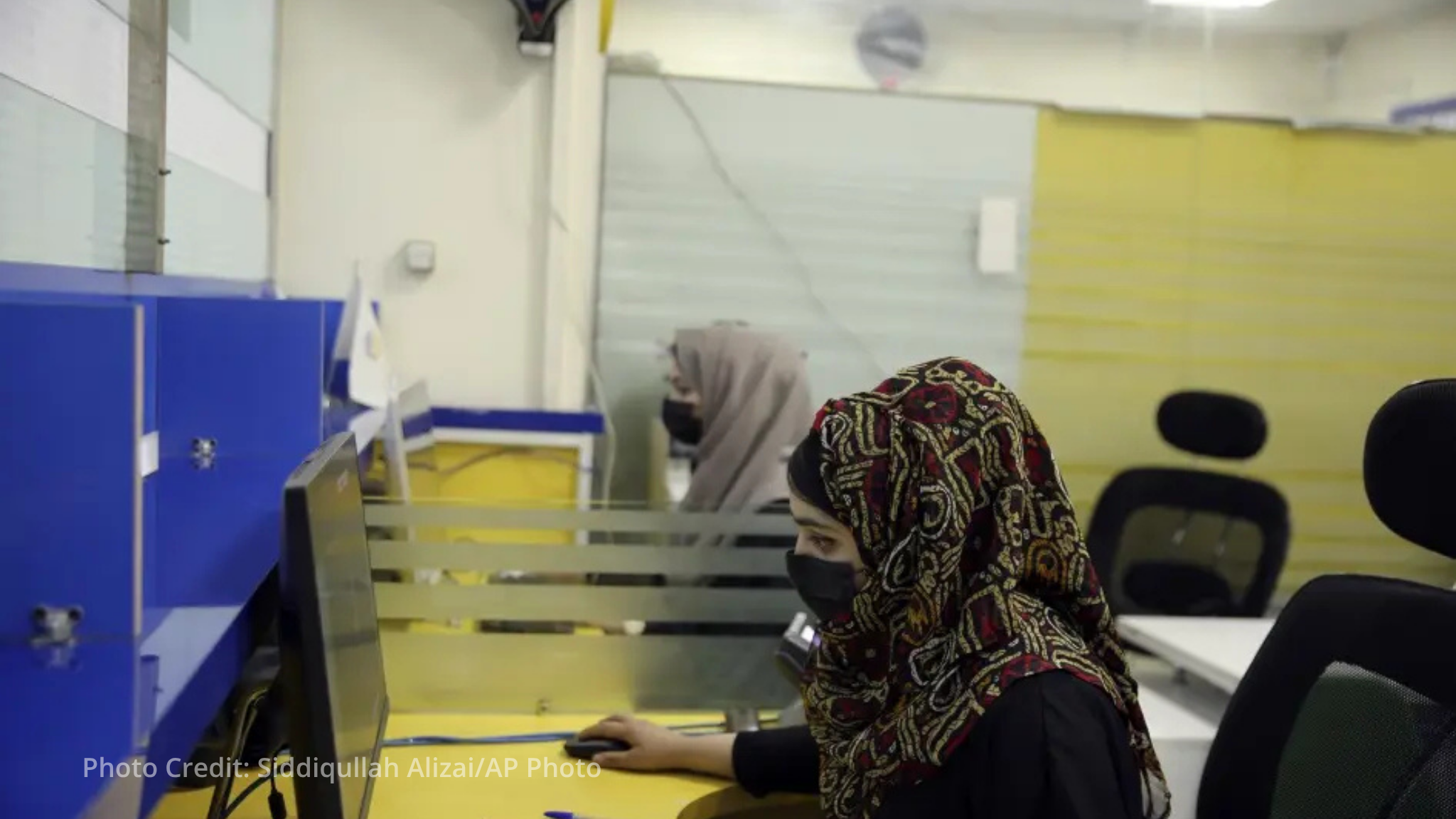The Taliban shut down internet access across Afghanistan starting in mid-September, claiming they want to prevent “immoral behavior,” but the blackouts are hurting millions of people’s ability to work, learn, and get healthcare, according to Human Rights Watch. The shutdowns began in northern provinces and spread to Kabul on September 29 at 5 p.m., cutting both fiber optic and mobile internet nationwide.
Proton VPN reported on September 30 that internet was completely down throughout the country. Flights to and from Kabul airport were cancelled and businesses reported major disruptions. “The Taliban’s moves to cut internet access harms the livelihoods of millions of Afghans and deprives them of their basic rights to education, health care, and access to information,” said Human Rights Watch Afghanistan researcher Fereshta Abbasi.
The shutdowns hit women and girls especially hard since they’re already banned from secondary and higher education by Taliban rules. Online classes were one of the few ways they could still learn, but now that’s gone too. A lecturer told Human Rights Watch that only 9 out of 28 students could join an online university class, including just a few of the 18 women normally in the course.
Journalists can’t make calls or send messages since WhatsApp and Signal are blocked along with phone networks. Humanitarian aid groups say the blackout makes it much harder to coordinate and deliver help to people who desperately need it. UN humanitarian coordinator Indrika Ratwatte called it “another crisis on top of the existing crises” that will hurt Afghan lives.
The UN has repeatedly urged governments not to impose internet shutdowns because they violate basic human rights and make existing inequalities worse, especially for women.
“Afghans were already isolated from the world but now they are completely cut off,” Abbasi said.

